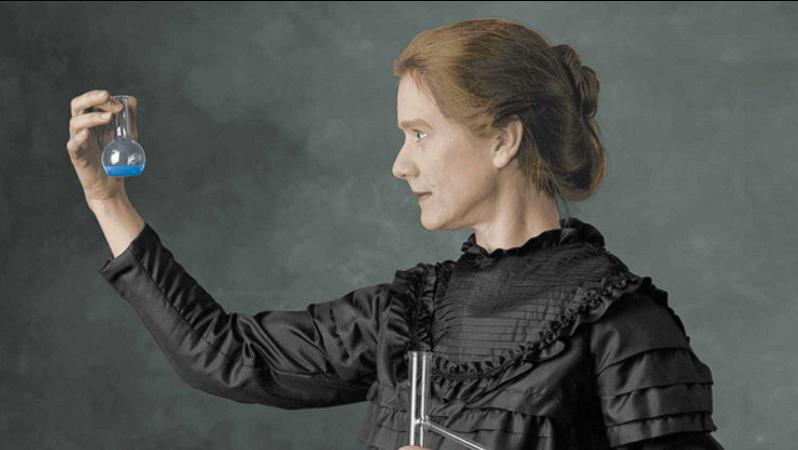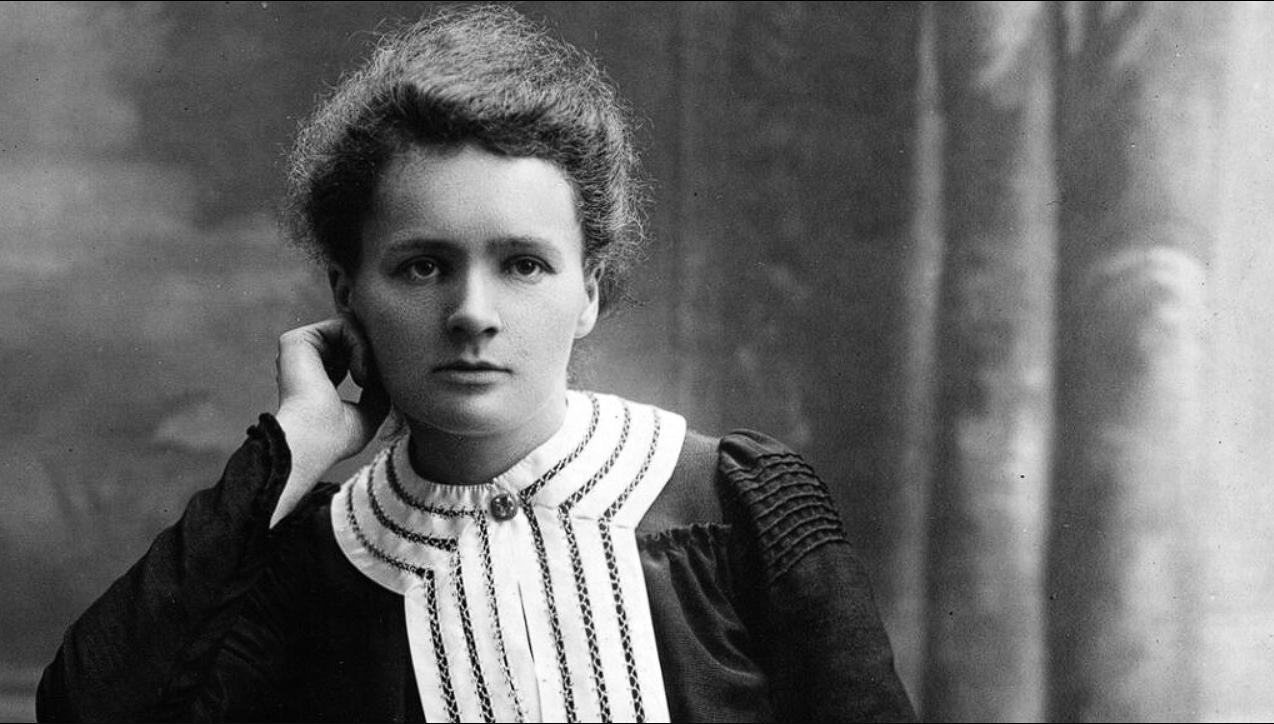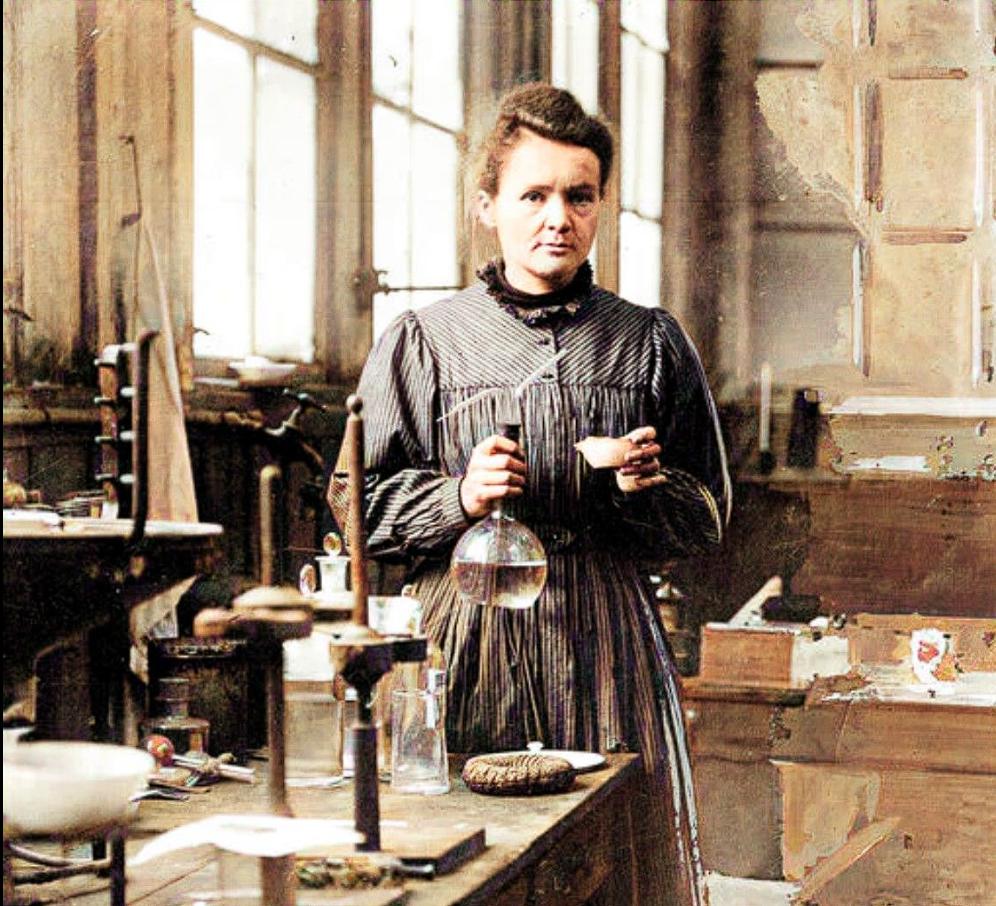Dr. Marie Curie, a name synonymous with radioactivity, made groundbreaking contributions to cancer treatment that are often overshadowed by her Nobel Prize-winning work in physics and chemistry. Her discovery of radium’s therapeutic potential laid the foundation for modern radiation therapy, yet her pioneering role in oncology remained largely unrecognized during her lifetime.
A Revolutionary Discovery: Radium and Cancer Treatment
- Radium’s Therapeutic Potential: A Pioneering Insight:
- In the early 20th century, Marie Curie discovered that radium, the radioactive element she isolated, possessed the ability to combat cancer.
-
Her discovery, was a major breakthrough.
- Laying the Groundwork: Radiation Therapy’s Foundation:
- Curie’s work established the fundamental principles of radiation therapy, which would later become a cornerstone of cancer treatment.
- Her research provided the scientific basis for using radioactive substances to target and destroy cancerous cells.
- She helped, to create a life saving treatment.
- Delayed Recognition: Societal and Institutional Barriers:
- Despite her groundbreaking achievements, Curie’s contributions to cancer research were not immediately recognized.
- Societal biases and institutional barriers, prevalent at the time, hindered the acknowledgment of women’s scientific contributions.
- These barriers, slowed the progress of science.
Overcoming Challenges: A Woman in a Male-Dominated Field
- Facing Discrimination: Women in Science:
- Marie Curie, like many women in science during her era, faced significant challenges and discrimination.
- Her accomplishments, though extraordinary, were often downplayed or attributed to her male colleagues.
- She had to fight, for every bit of recognition.
- Breaking Barriers: A Trailblazing Scientist:
- Curie’s resilience and determination allowed her to overcome these obstacles and establish herself as a leading scientist.
- She paved the way for future generations of women in science, demonstrating that gender was not a barrier to groundbreaking discoveries.
- She proved, that women could excel in science.
- Overshadowed by Other Achievements: A Missed Legacy:
- Much of the credit for the advancement of radiation therapy was overshadowed by the broader focus on her work in physics and chemistry.
- Her contributions to oncology, though vital, were not given the same level of attention as her other scientific achievements.
- Her work, in cancer treatment, deserves more recognition.
A Legacy Reclaimed: Recognizing Curie’s Impact
- Rediscovering Her Role: Historians and Researchers:
- In recent years, historians and researchers have begun to shed light on Marie Curie’s crucial role in the development of cancer treatment.
- Her contributions to oncology are now being recognized for their far-reaching impact on modern medicine.
- Her true impact, is now being understood.
- A Lasting Impact: Shaping Cancer Treatment:
- Marie Curie’s work continues to influence cancer treatment today, with radiation therapy remaining a vital tool in the fight against cancer.
- Her discoveries have saved countless lives and continue to drive advancements in oncology.
- Her work, continues to save lives.
- Honoring Women in Science: An Ongoing Need:
- Marie Curie’s story serves as a reminder of the many women whose achievements were hidden or underappreciated in their time.
- It underscores the ongoing need to recognize and honor the contributions of women in science, past and present.
- We must, remember and honor, their contributions.
Marie Curie’s legacy extends far beyond her Nobel Prizes; her pioneering work in cancer treatment has had a profound and lasting impact on modern medicine. Her story is a testament to her brilliance and resilience, and a reminder of the importance of recognizing the contributions of women in science.

